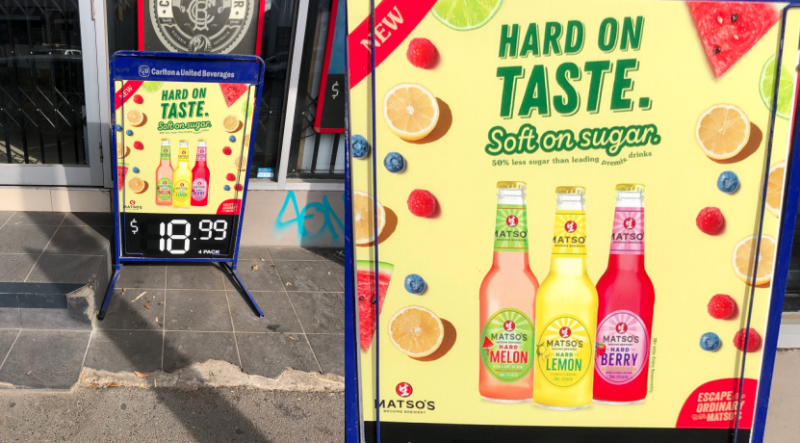Alcohol Beverages Advertising Code sets record number of determinations in 2020
The Alcoholic Beverages Advertising Code (ABAC) saw a record number of 113 determinations in 2020 in response to 208 complaints.
Data released as part of the ABAC’s fourth quarter of 2020 also detailed several initiatives undertaken in response to high complaint levels in Q4 and the year in general, including a variety of training initiatives.

Matso’s advertising was found to have breached the ABAC Standard

